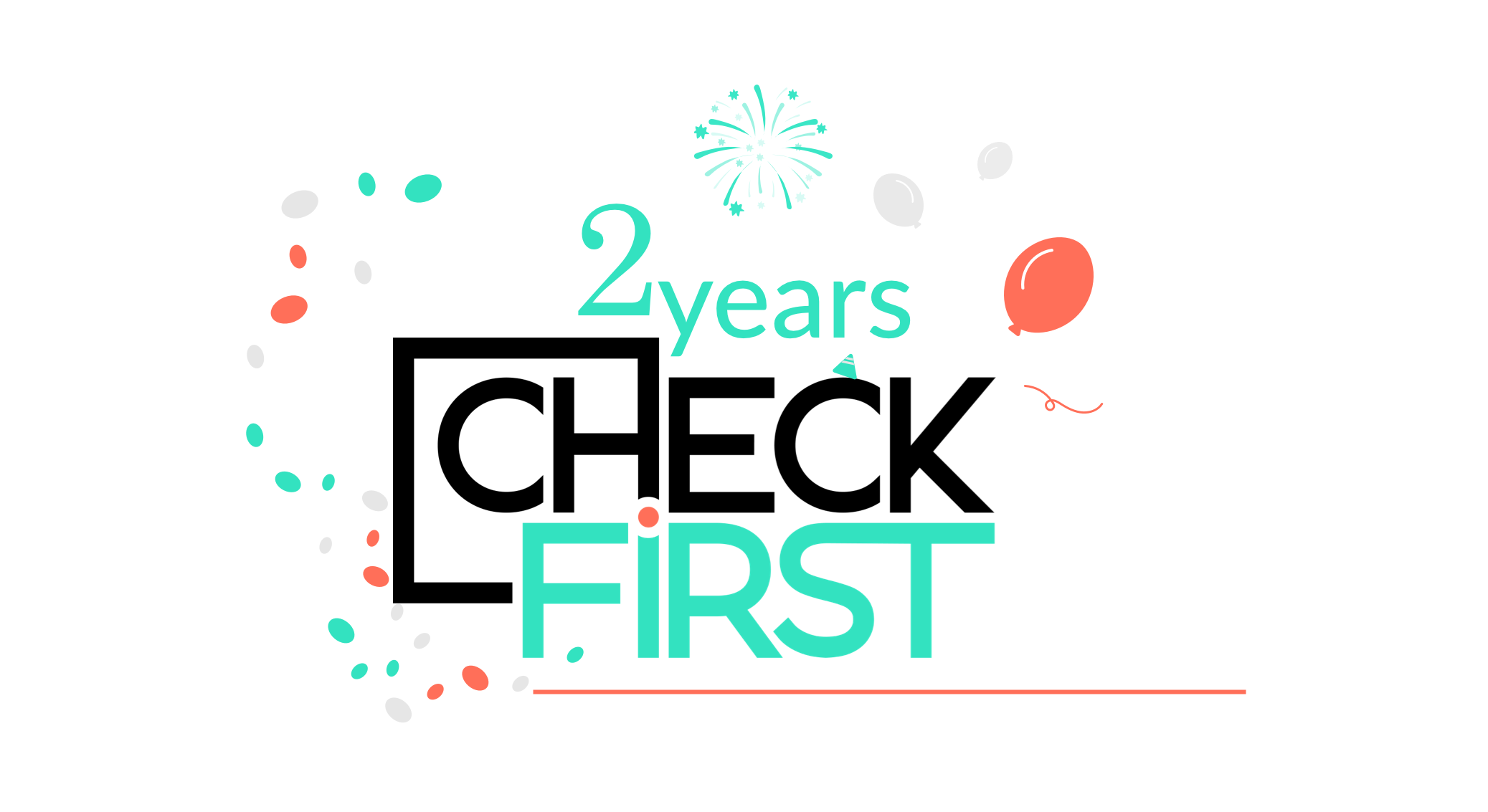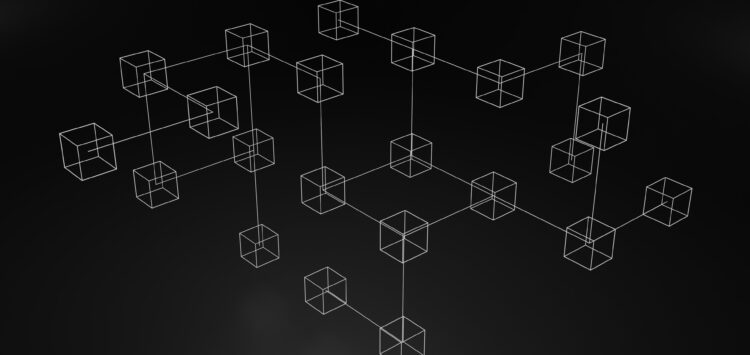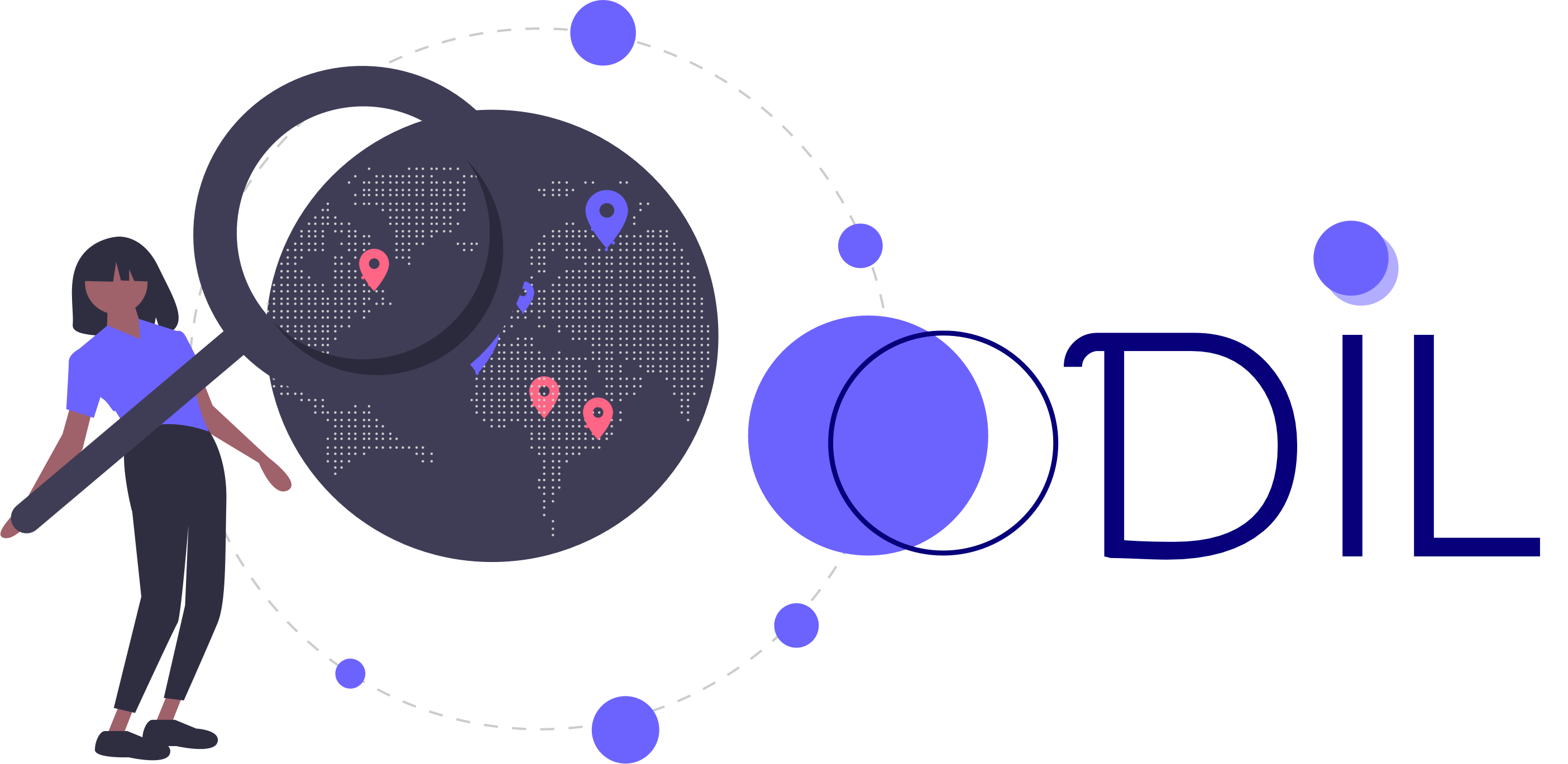2 years of CheckFirst
"We should work together for good and found a company!". The exclamation came in between three people who hadn't met in real life yet, but had spent countless hours fighting disinformation about COVID together during the first wave of the global pandemic.
Remember when everybody was stuck ruminating at their smartphones in the beginning of 2020? We were, too. Afraid, mesmerised, astonished by the COVID outbreak: like anybody else we saw the world hitting the pause button and spent our lives online trying to make sense of what was happening to humanity. While being most concerned about the virus, another reality struck us. Disinformation was soaring like never before. But we didn’t know each other yet.
As Check First celebrates its second anniversary, we look back at two years of purpose and success and define upcoming challenges. This is how we created a software and methodologies company helping fact-checkers, institutions, researchers and more to tackle disinformation.
Getting together and seeing sparkles
Soon enough, another outbreak came about. Lockdowns boosted online collaboration and spontaneous virtual get-togethers. It was during one of these unprecedented waves of positive energy, as French speaking young journalists tried to fight misconceptions and fake news about COVID, that we, Nelly, Amaury and Guillaume met for the first time on the Journalistes Solidaires (JS) Discord server. JS was attempting to create an entirely decentralised newsroom trying to counter disinformation about the virus. Enthusiasm needed to be channelled, work had to be organised, tools and methods needed to be implemented. Our trio made this happen.
Guillaume (a former journalist and media trainer), Amaury (a serial-entrepreneur and developer) and Nelly (a journalist by training) jumped on board and offered guidance to shape the newsroom. The group asked Guillaume to become president, Amaury was the tech wizard and Nelly took the position of Editor in Chief. At its peak, JS reached 120+ collaborators in need for structure and skills and delivered 200+ articles, videos and online content.
The first wave of COVID was over, so was the first French lockdown. But what was about to continue was a stark shift in our lives. Even if we hadn’t met in real life (yet), we registered Check First in the summer of 2020, eager to broaden the fight against disinformation in a fresh way.
Becoming known and turning our vision into projects
Many projects focused on fact-checking in 2020, often in parallel and without collaboration. Some projects developed, other failed. We knew we didn’t want to become another fact-checking entity, but rather put our skills at the service of fact-checking entities, and more. Check First had a motto: identify, analyse, recommend, act.
During the JS project, we multiplied public events and shared the factors of success of the newsroom. And got attention.
ODIL
Right after the creation of Check First, we were asked by the Organisation Internationale de la Francophonie (OIF) to report on the state of the fight against disinformation in the French language across the world. We did that, and offered to go further and suggested the creation of ODIL, the the Francophone platform of initiatives tackling disinformation.
In this process, we made 30+ interviews with French-speaking stakeholders tackling disinformation in their countries, identified almost 230 initiatives doing the job, and wrote a 200 page report for the OIF summing up our findings and making recommendations. ODIL confirmed the intuition we had that there is a deep need for collaboration in the tackling-disinformation field.
Building tools for fact-checkers
In parallel, we started to develop a toolbox gathering all the OSINT tools we knew then, and a collaborative tool: CANOPY. The idea was to build an ecosystem within which citizens, fact-checkers and researchers participated in a global effort to fight disinformation. Based on an API, the tool would enable the collection of claims, use micro-services of deduplication and classification of said claims, able to handle the investigation process and consolidate its outcome. The project aimed to exceed the limitations of the workflows and capabilities of the existing environment by creating a self-enhancing system where contributions of its users will improve the overall performance of the ecosystem.
This project allowed us to meet and discuss with several universities (Södertörn, Hambourg, La Sorbonne, Essex), journalists and fact-checkers (France Télévisions, CIRCOM members). We presented our vision in webinars, gave trainings on OSINT techniques, and took part in other projects from hackathons to reports.
When frontiers slowly started to re-open, we got out of our city-homes and finally met people we had the occasion to discuss with during several events. One turning point was Eu DisinfoLab’s conference in Brussels in Fall 2021, when we had the occasion to meet our current partners in several project. From that point things got wilder.
Big scale projects
Soon after the conference, we joined the consortium for the CrossOver project, which tracks and measures the influence of content recommendation algorithms on social media in Belgium, exposing how they can lead to mis- and disinformation. We now act as the tech provider in the project, and help in analysis and investigation. We designed the dashboards allowing the monitoring of seven social media platforms, and wrote our first in-depth investigation on Youtube algorithms and state-controlled media.
We also joined the EFCSN working committee, an effort to bring together fact-checking and open-source intelligence (OSINT) organisations to discuss and define the standards of independence, transparency and methodological and journalistic quality that must guide our efforts to combat disinformation.
Speaking of standardising, we designed OKSA, a research analysis tool which allows all researchers of the same team to collect and store their findings in a structured database in order to finally get rid of excels sheets and infinite number of lines. The tool is used by Eu Disinfolab’s team and EDMO Belux’s researchers.
An election under the radar
As if 2022 was not busy enough, the presidential campaign started in France. Everybody had in mind what happened during the last US presidential elections, or the Macron leaks and we knew there was a risk for disinformation. At the same time, the European institutions were drafting legislation to regulate platforms in terms of transparency, particularly with regard to political advertising. We decided to focus on that topic because we realised there was a loophole in that part of the field and 22vlalapub.fr was born. 22vlalapub is a tool monitoring political advertising during the 2022 French presidential elections, and more specifically the candidates, their parties, and the campaign themes.
Thanks to that project, we joined the GVNIE and shared different perspectives with experts, researchers and universities tackling disinformation. We’ve been brainstorming regularly about several aspects of disinformation and problematic content in relation to the French elections and wrote a report that globally analyse the situation.
Envisioning the future of the fight against disinformation
What about 2 years after our birth? Well we continue to monitor, analyse and collaborate with others, flagging every dubious behaviour or content we’ll spot. We still try to figure out the intricacies of mis/dis/mal/information, European and National laws, algorithms and artificial intelligence, cognitive bias and humain brain, best way to make recommendations to politics and how to spot nefarious interests. Aside from projects that were just mentioned, we have ideas that are still on-the-go.
Remember Canopy? Well, we kind of transformed it into a new blockchain with a token-based incentive mechanism for a decentralised global information verification system and database network (yes, it is related somehow): Factoken.
Seeing how fast information consumption changes, we are also working on recommendations algorithms of TikTok and Instagram Reels.
We welcome collaboration with public authorities, regulators, NGOs, journalists, in the best way possible in order to counter the phenomenon saying that we live in a “post-truth” era. The next EU DisinfoLab conference this October will be one of many opportunities to continue this work and we’re proud to have been invited to speak on stage.
The next two years will be even more crucial for our development, in service of the fight against disinformation. We think what makes our singularity is the complementarity of our skillsets, anchored in journalism and tech. This allows us to get the stories of our customers, analyse their needs and provide them with forward-thinking solutions always with the same purpose in mind: truth matters.




